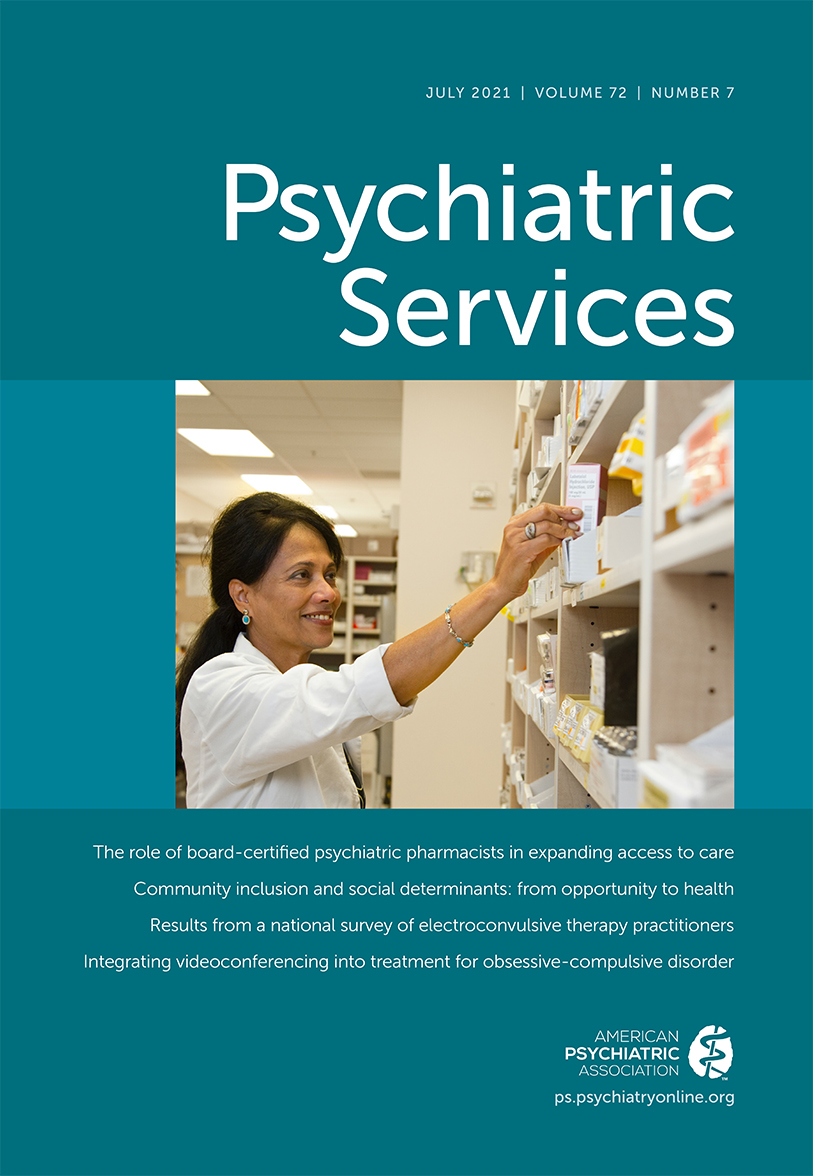Defining and Addressing Gaps in Care for Obsessive-Compulsive Disorder in the United States
Abstract
Objective:
Obsessive-compulsive disorder (OCD) can be a chronic and disabling illness with a lifetime prevalence of 2%, twice that of schizophrenia. Although effective treatments exist, OCD often remains underdetected and undertreated.
Methods:
The authors performed a scoping review of the literature (of articles in PubMed and PsycINFO published from January 1, 2000, to February 1, 2020) to define gaps in OCD diagnosis and treatment among U.S. adults. Interventions at the patient, clinician, and health care system levels used to address these gaps are described, and promising approaches from around the world are highlighted.
Results:
Of 102 potential studies identified in the search, 27 (including five non-U.S. studies) were included. The studies revealed that lack of clinician and patient knowledge about OCD and misdiagnosis contributes to its underdetection. Suboptimal prescribing of selective serotonin reuptake inhibitor medications and limited use of exposure and response prevention, as a first-line psychotherapy, contribute to OCD undertreatment. Digital health technologies show promise in increasing OCD detection and delivery of evidence-based care and in ensuring continuity of care (including during the COVID-19 pandemic).
Conclusions:
Given the significant rates of disability, morbidity, and mortality associated with OCD, addressing gaps in OCD care will reduce the U.S. burden of mental illness. Further research is needed to determine how the use of digital health technologies can increase the detection and management of OCD.



